Collagen Crash: 29 Plant-Based Foods That Actually Support Skin Elasticity
While plants don’t provide collagen directly, they supply the essential “ingredients”—like vitamin C, zinc, and plant-based protein—that empower your body to build and protect its own collagen. This list isn’t about chasing unachievable ideals or overnight transformation. It’s about celebrating the everyday actions that leave you feeling confident and vibrant in your skin at every stage of life.
1. Lentils: Protein for Collagen Building Blocks
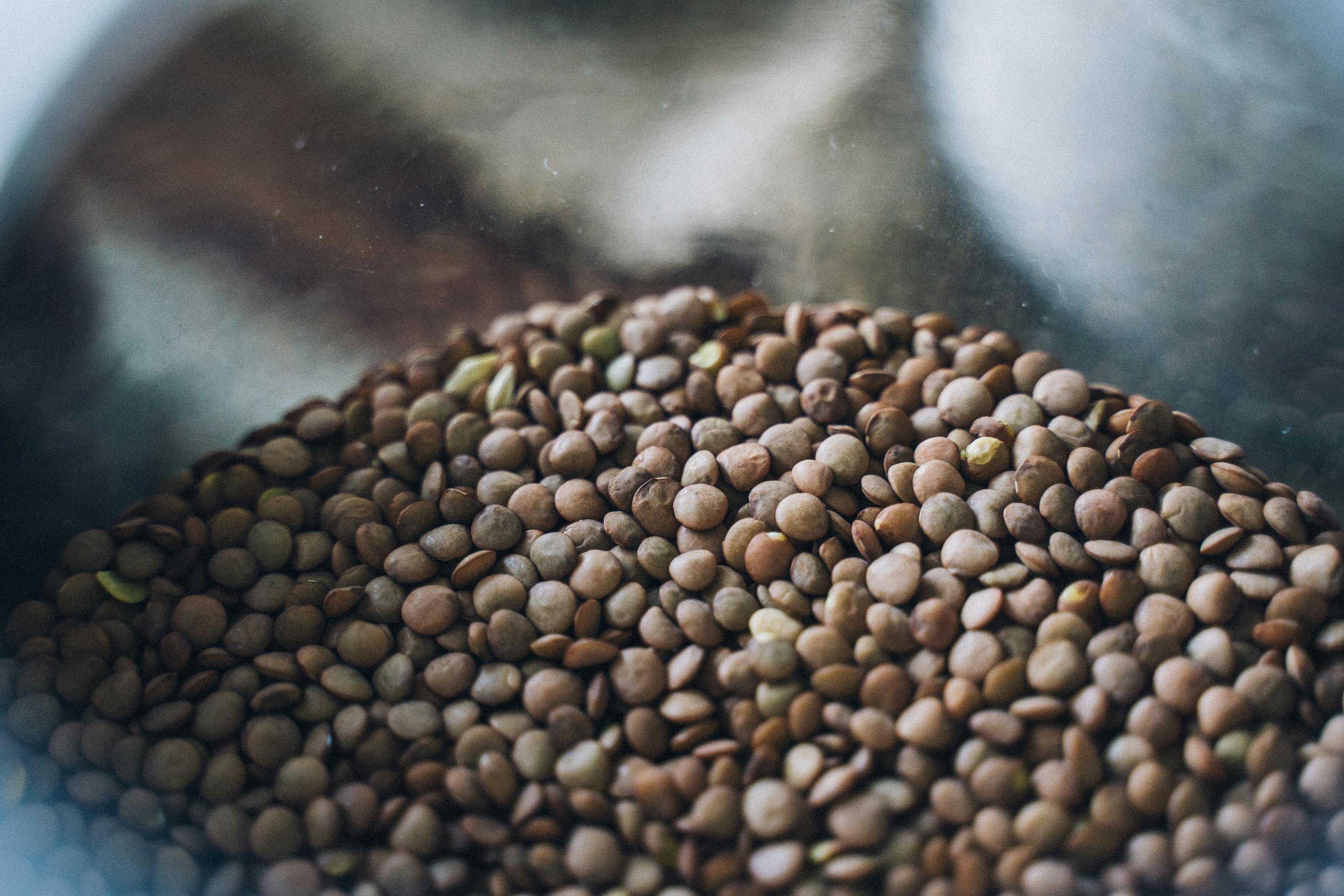
Lentils might be small, but don’t let their size fool you—they’re a powerhouse when it comes to plant-based protein. Your skin relies on amino acids to create collagen, the very protein that keeps it supple and resilient. Lentils are brimming with these essential building blocks, making them a reliable friend for anyone seeking a vibrant complexion. Each serving also brings fiber, iron, and B vitamins to the party, helping your body stay energized and balanced. Not just for stews, lentils easily fit into salads, soups, or veggie burgers. Unlike animal proteins, they’re naturally low in fat and cholesterol-free. Their hearty texture leaves you satisfied without feeling weighed down. Studies consistently link higher plant protein intake with better skin integrity over time. For those who want extra ease, precooked lentils are as convenient as opening a can. With every spoonful, you nurture your skin—one wholesome meal at a time. Whether you’re new to lentils or a longtime fan, their versatility ensures your taste buds never get bored as your skin thanks you for the support.
2. Chickpeas: Dual Power of Protein and Zinc
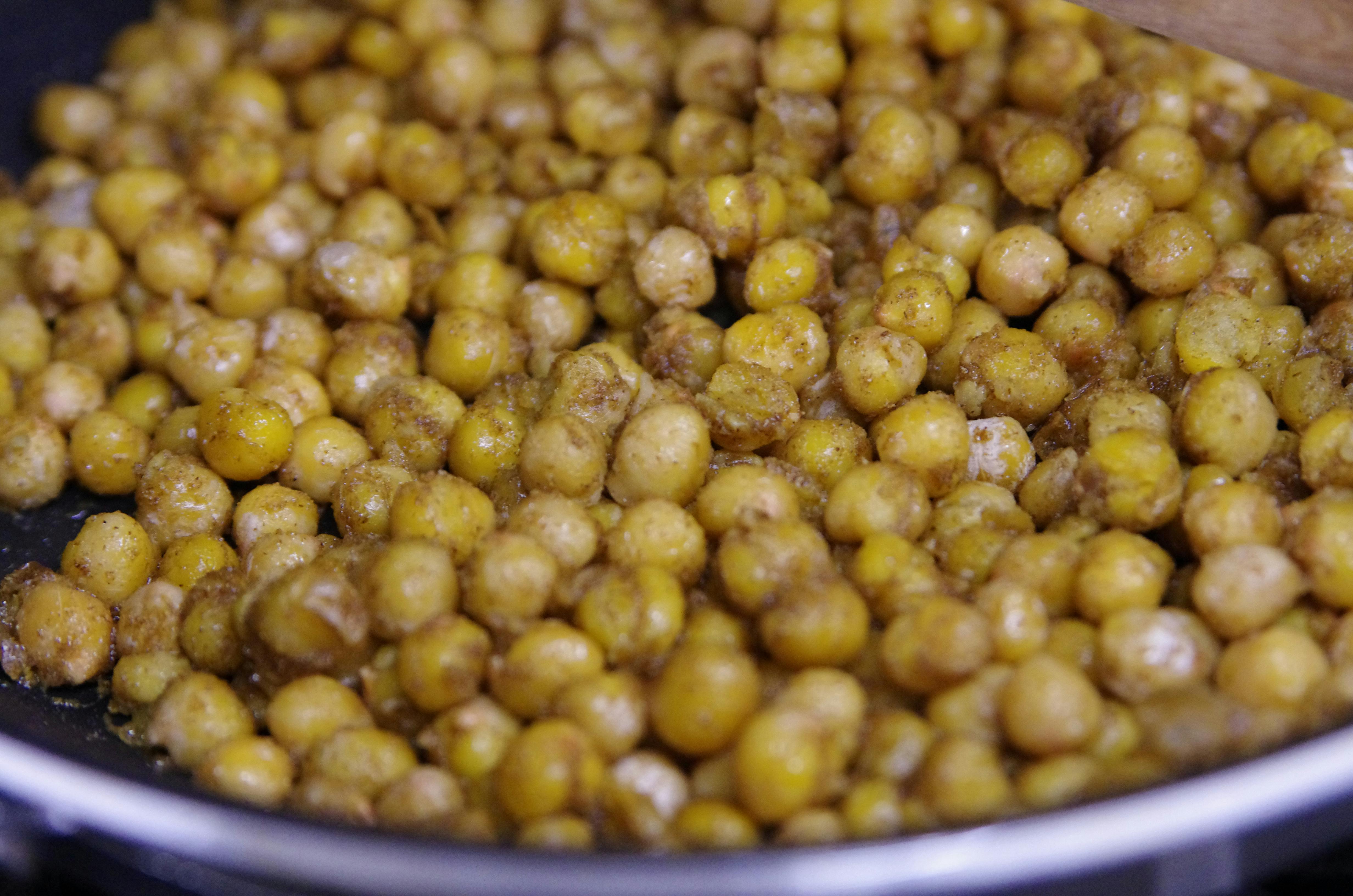
Chickpeas offer a gentle yet powerful skin boost thanks to their dual contributions: plant protein and zinc. Protein provides the amino acids required to construct collagen, delivering strength and elasticity to your skin. Zinc, meanwhile, is essential for activating the enzymes that actually weave new collagen fibers. Combining these nutrients in one humble legume means every bite works on two fronts, making chickpeas a favorite in collagen-friendly eating. Toss them into light salads, mash them into creamy hummus, or roast them for a crunchy snack—the options suit all appetites and routines. Chickpeas also bring fiber, iron, and folate, helping to support your health from many angles. Research shows that zinc-rich foods are especially valuable for people following plant-based diets, boosting both healing and skin vitality. Regularly choosing chickpeas means giving your skin steady, foundational support. Their mild, nutty flavor is easy to love and even easier to work into your weekly menus. And, perhaps best of all, chickpeas’ versatility makes healthy choices feel joyful rather than restrictive.
3. Pumpkin Seeds: Zinc-Rich Skin Protectors
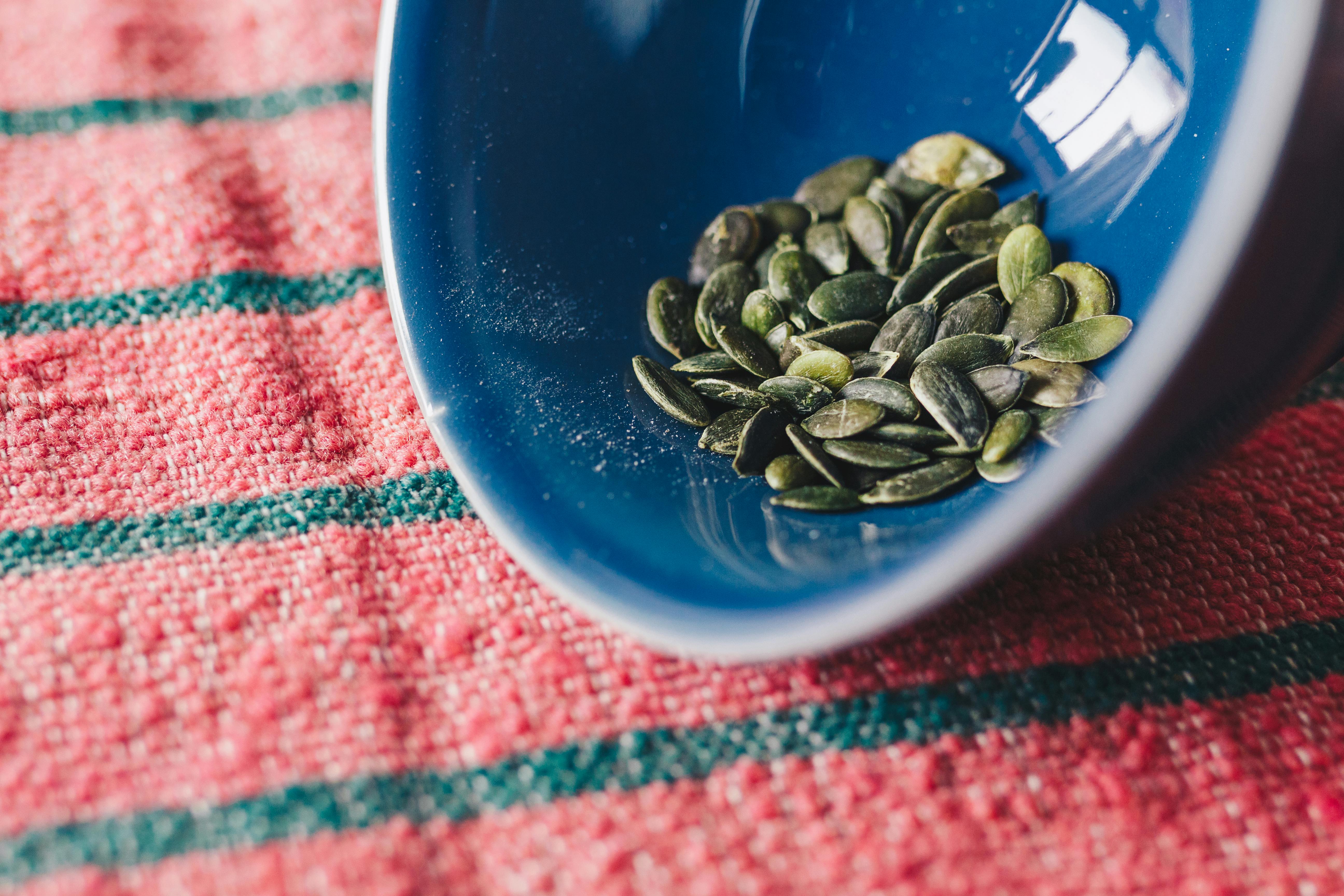
Pumpkin seeds, often called pepitas, may be tiny, but they deliver an outsized benefit for skin elasticity. As one of nature’s richest plant sources of zinc, pumpkin seeds provide the mineral your body depends on to build, repair, and maintain strong collagen networks. Without ample zinc, skin can lose its bounce and heal more slowly—a gentle reminder to sprinkle these little seeds onto your dishes. Pumpkin seeds are also packed with antioxidants and healthy fats that help shield your skin from daily wear and oxidative stress. Enjoy them roasted as a snack, baked into homemade granola, or scattered atop salads for a tasty crunch. Just a handful brings more than flavor; it’s an easy act of self-care that gives long-term results. Consistent intake of zinc-rich foods like pumpkin seeds is linked to firmer, more resilient skin, according to numerous nutrition studies. If you’re searching for a simple, satisfying way to nurture both flavor and skin health, let these tiny powerhouses become a pantry staple. Your skin will thank you, inside and out.
4. Cashews: Copper and Plant Protein Combo
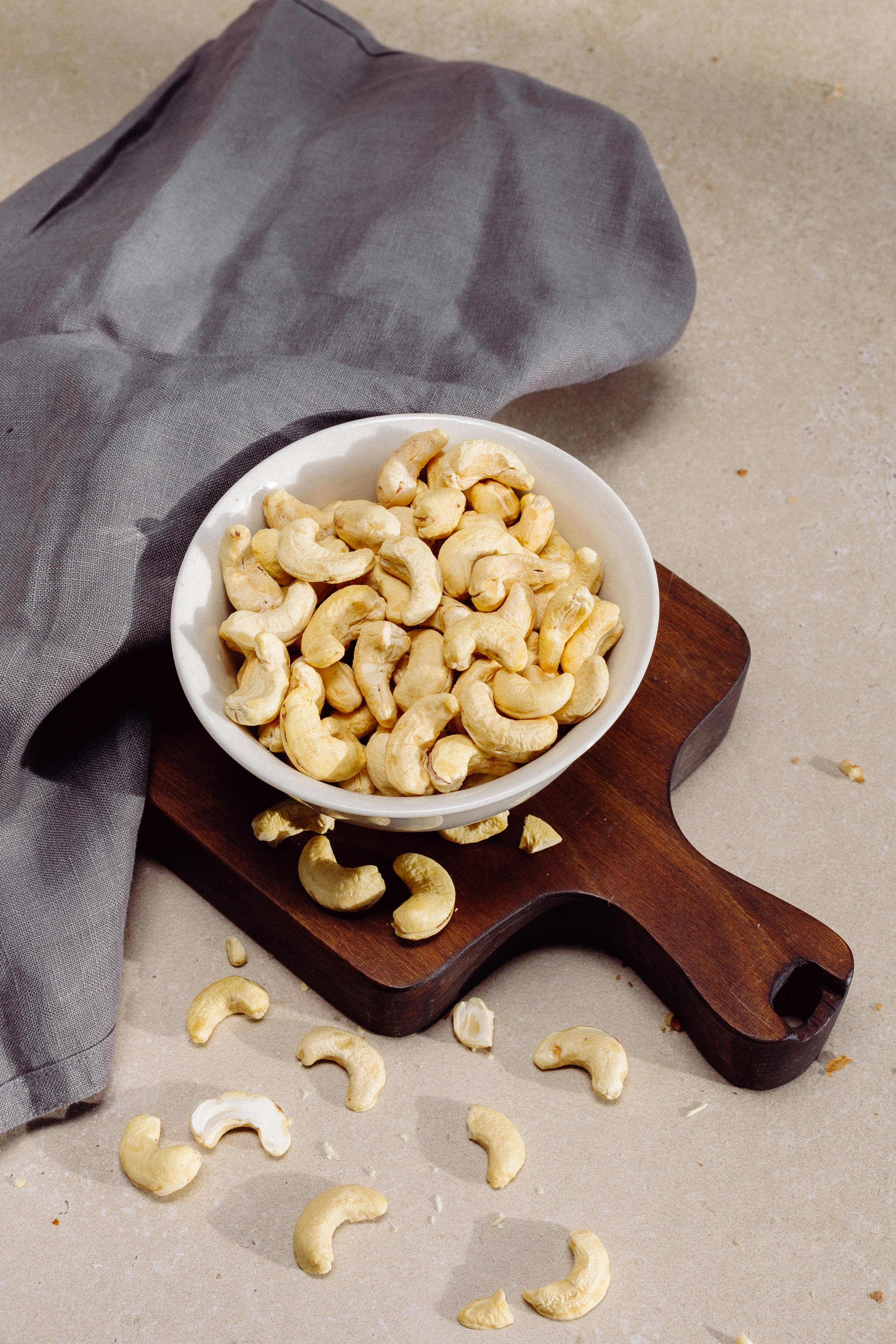
Cashews deliver more than creamy texture and satisfying crunch—they provide copper, a trace mineral essential for collagen creation. Copper helps drive the enzymes responsible for structuring and cross-linking collagen fibers, ultimately supporting your skin’s firmness and elasticity. Unlike animal-based sources, cashews also give a gentle dose of plant protein, offering another layer of foundational support. Snack on raw or roasted cashews as a midday pick-me-up, blend them into dairy-free sauces, or sprinkle chopped nuts over grain bowls for a nourishing touch. Studies highlight how copper deficiency can lead to weaker skin and slower repair, underscoring the wisdom in keeping cashews close at hand. Even a small handful brings variety to your day and a subtle sense of luxury to plant-based living. As you savor their smooth flavor, remember you’re not just feeding your cravings—you’re gently investing in the enduring strength and glow of your skin.
5. Citrus Fruits: Vitamin C Superstars for Collagen Synthesis
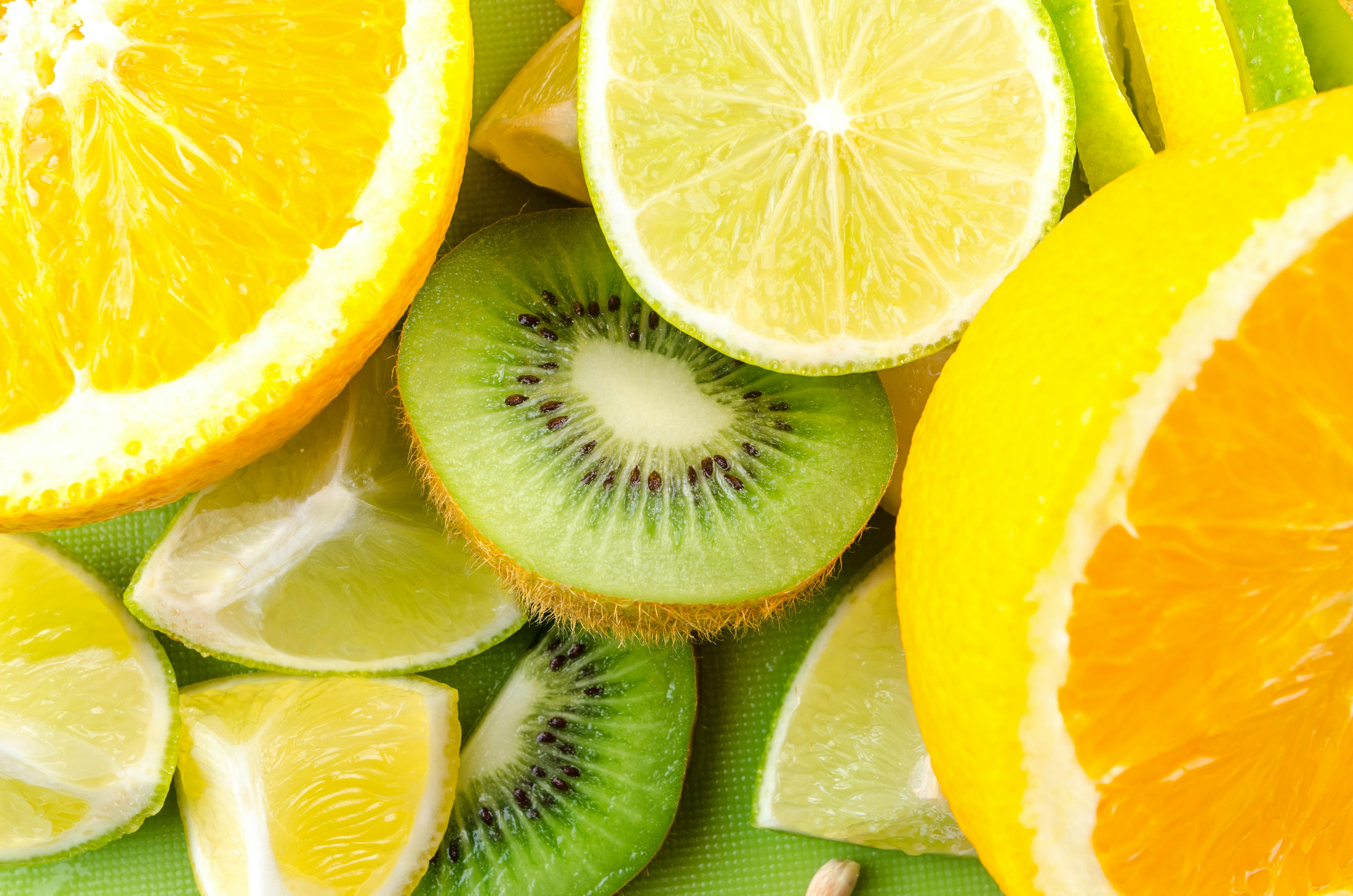
Oranges, grapefruits, lemons, and limes do more than brighten your plate—they empower your skin at its deepest layer. Citrus fruits are loaded with vitamin C, a crucial antioxidant that plays a starring role in collagen production. Your body cannot make or store vitamin C, so daily intake is essential for skin strength and elasticity. Beyond collagen, vitamin C helps guard skin from oxidative stress, delaying the visible signs of aging. Enjoy citrus segments as a fresh snack, add zest to dressings, or experiment with citrus-packed smoothies for morning energy. Research confirms vitamin C’s ability to stimulate collagen synthesis and repair damaged skin. This humble nutrient also helps other plant-based minerals work more efficiently, creating a gentle synergy with every serving. Pursuing vibrant skin shouldn’t mean chasing rigid regimes—sometimes, simple citrus is enough to light up both your complexion and your day.
6. Red Bell Peppers: Antioxidant and Vitamin C Boosters
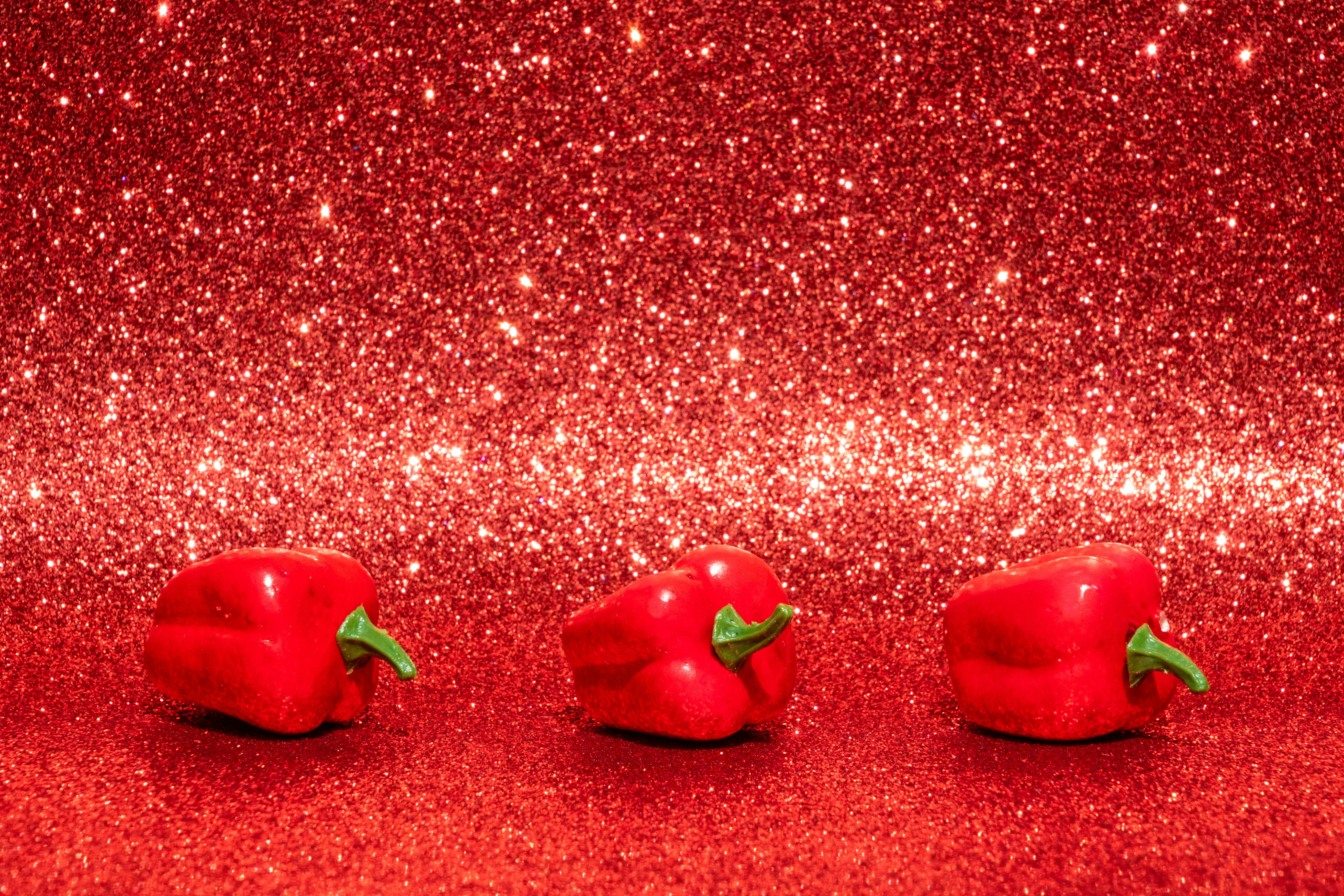
Red bell peppers bring a colorful burst to dishes—and a serious dose of skin-loving nutrients. Rich in vitamin C and antioxidants like beta-carotene and lycopene, these vibrant vegetables help your skin stay resilient in the face of daily wear. Vitamin C amps up collagen production, while antioxidants protect against free radicals that can break down skin structure. Sliced raw in salads, sautéed in stir-fry, or roasted for mellow sweetness, bell peppers fit smoothly into meals. Studies connect high intake of carotenoid-rich vegetables like peppers with reduced wrinkle formation and better skin tone. These nutrients work together to build up your skin’s inner shield, supporting elasticity and giving you that healthy, natural glow. It’s a reminder that sometimes, the most effective solutions for skin health are already waiting in your produce drawer. The nourishment you need might just be the most colorful part of your lunch.
7. Sunflower Seeds: Vitamin E and Zinc Duo
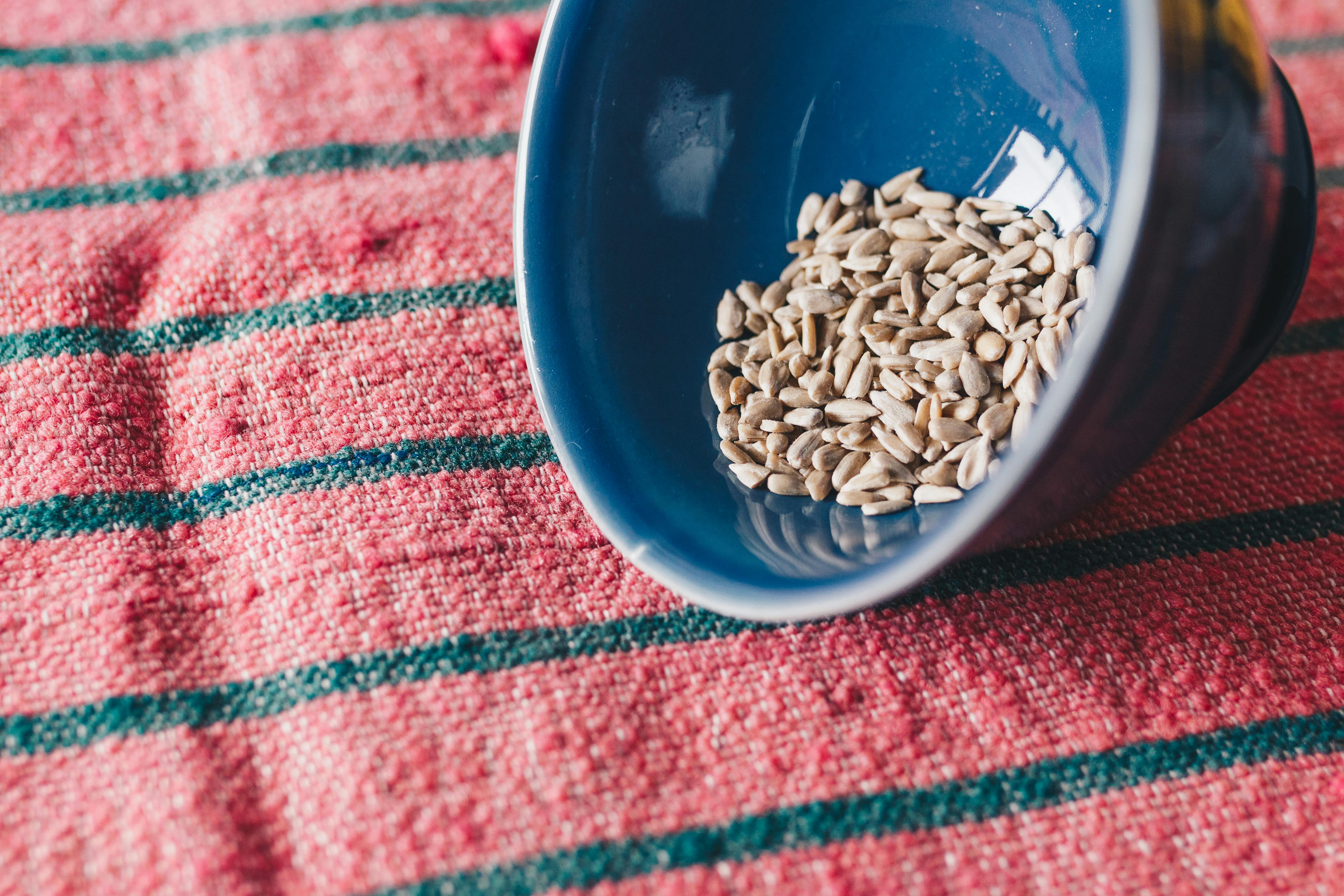
Sunflower seeds deliver a unique combination of vitamin E and zinc—two nutrients that support youthful, bounce-back skin. Vitamin E is a key antioxidant, helping protect skin cells from free radical damage and inflammation that can accelerate the loss of elasticity. Zinc teams up by activating enzymes responsible for building and renewing collagen, working steadily behind the scenes. Toss sunflower seeds into oatmeal, blend into homemade granola bars, or enjoy as a simple, satisfying snack. Multiple studies highlight vitamin E’s protective effects against environmental stressors, especially when combined with zinc. Their nutty flavor and crunch make eating for skin health both enjoyable and easy, with no strict planning required. Including sunflower seeds in your daily routine is an act of gentle wisdom—filling your body with the nutrients it needs to glow, naturally.
8. Kale: Dark Leafy Greens with Vitamin K and C
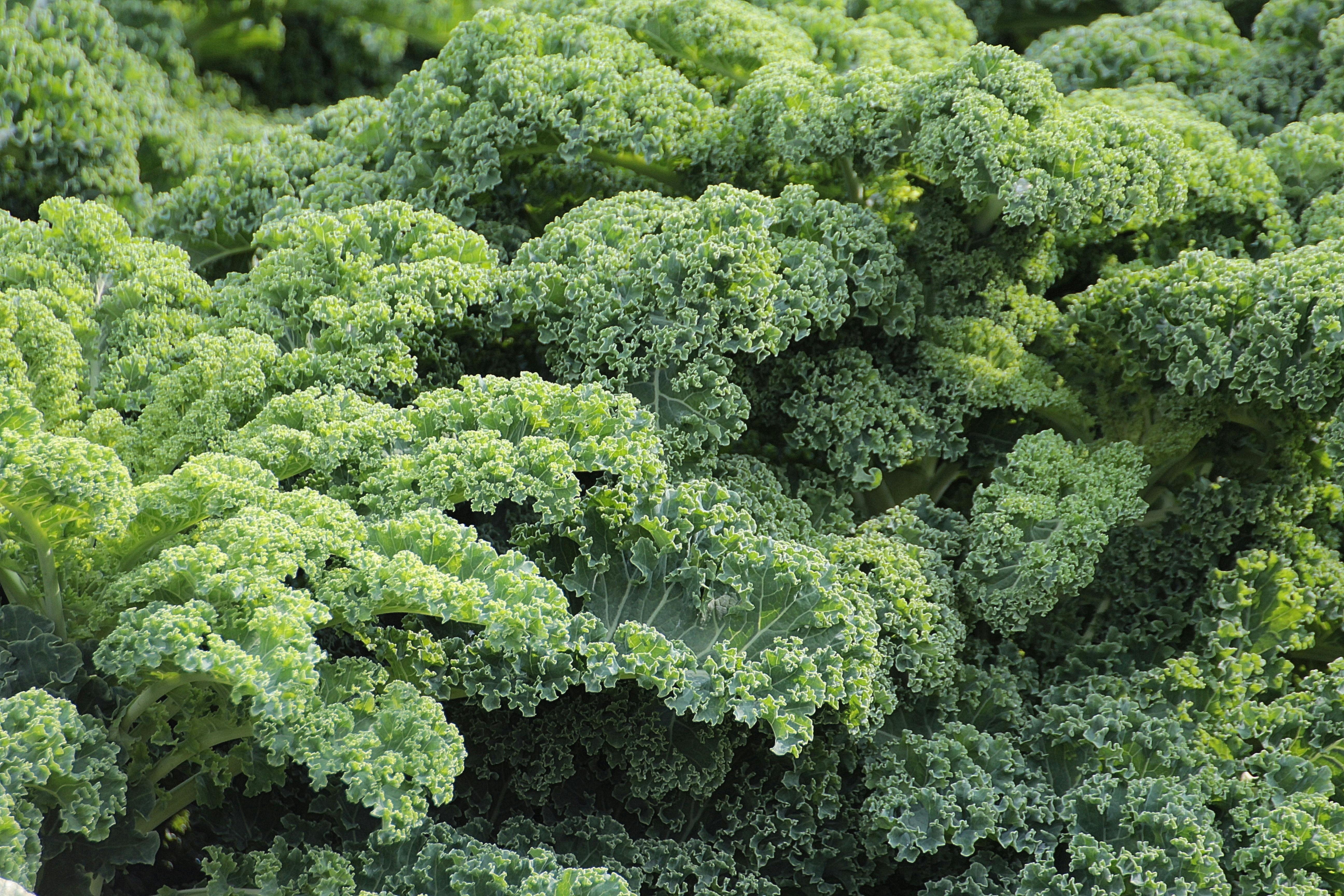
Kale has earned its reputation as a wellness all-star—and for excellent reason. This dark leafy green is a potent source of vitamin C to fuel collagen synthesis, as well as vitamin K, which supports overall skin repair and resilience. The antioxidants found in kale—like lutein and zeaxanthin—add an extra layer of skin armor. Whether you toss kale into salads, blend it into smoothies, or crisp it into chips, these greens bring noticeable benefits in flavor and function. Scientific findings associate greater vegetable variety with more youthful, hydrated complexions and reduced roughness. Including kale in your rotation is an approachable way to build up your nutritional defenses, one meal at a time. As a bonus, kale is high in fiber and minerals, which promote healthy digestion and further support radiant skin from within. Sometimes, the simplest acts—like reaching for a handful of kale—have the most lasting impact.
9. Avocado: Healthy Fats and Vitamin E
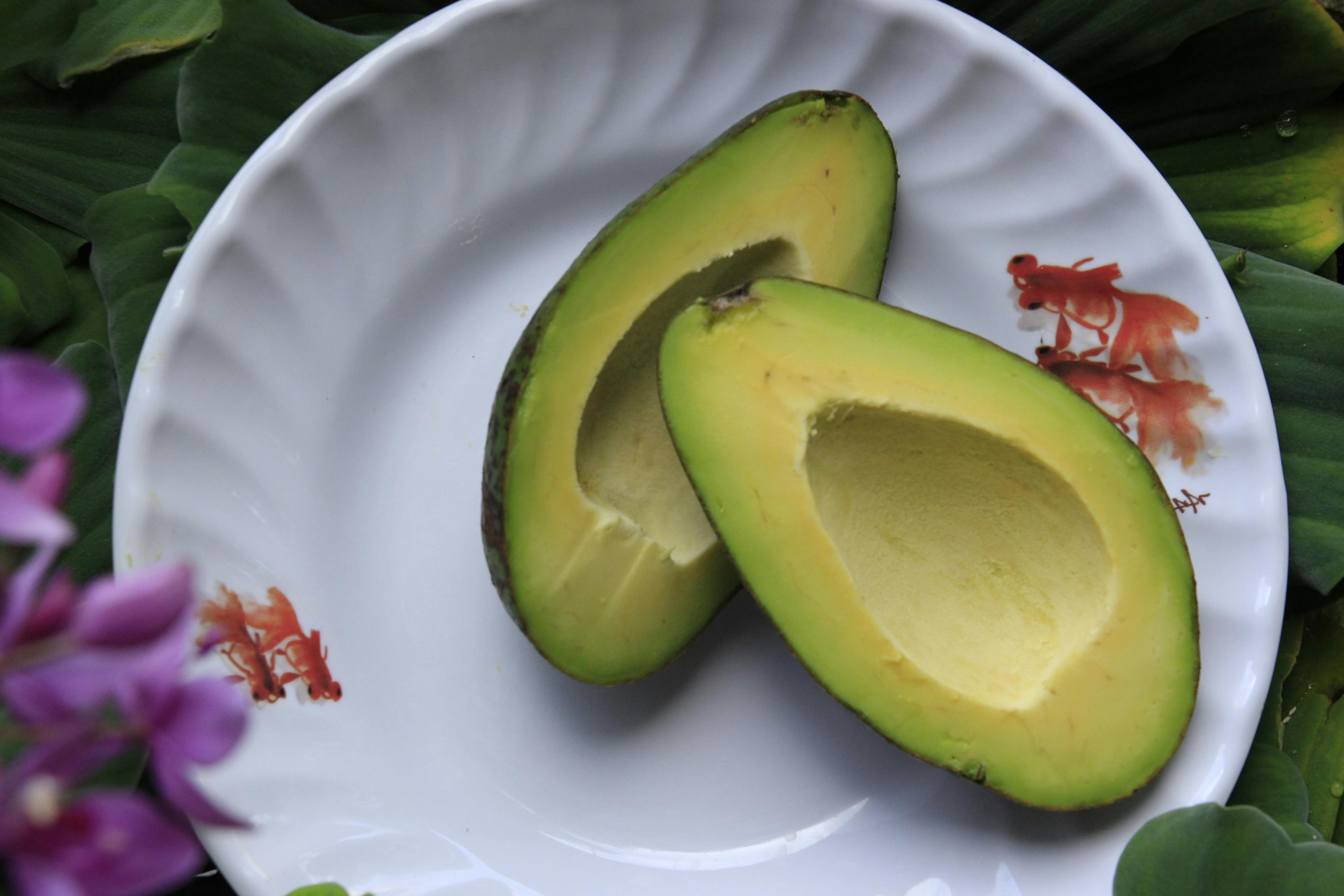
Avocado stands out in the produce aisle for its creamy texture and unique combination of skin-supporting nutrients. Rich in monounsaturated fats, avocados nourish cellular membranes and help skin retain moisture, boosting elasticity and a supple appearance. They also deliver a healthy dose of vitamin E, an antioxidant crucial for guarding collagen fibers against breakdown. Slice avocado over toast, whip it into dips, or blend it into creamy smoothies for effortless wellness. Nutrition studies reveal a link between regular avocado consumption and noticeably improved skin quality. The interplay of healthy fats and antioxidants in avocado creates a nourishing synergy for anyone seeking a gentle glow. Including avocado in your diet isn’t about following fleeting trends—it’s a daily investment in comfort, energy, and soft, resilient skin that truly feels like yours.
10. Strawberries: Vitamin C and Antioxidant Punch
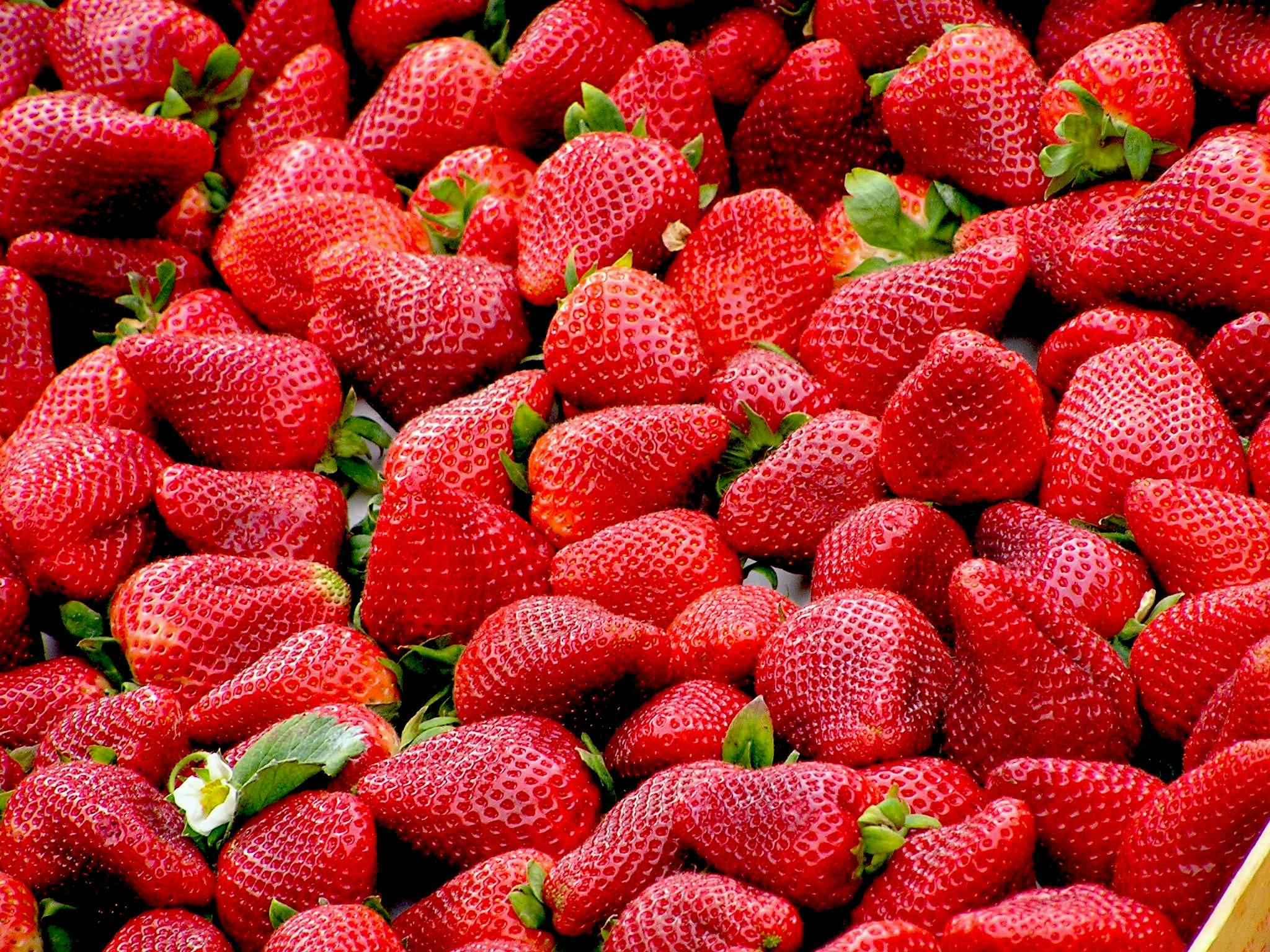
Strawberries deliver a juicy, tangy treat—and some of the highest vitamin C content in the produce world. This sweet fruit’s antioxidant profile, especially ellagic acid, helps slow down collagen breakdown and preserve skin’s elasticity. Snack on strawberries straight from the bowl, swirl them into yogurt, or add them to a green salad for a lively zing. Beyond supporting collagen, strawberries are gentle on digestion and full of water, contributing to plumper, more radiant skin. Research in nutritional science holds that those who consume more berries tend to enjoy firmer, more resilient skin over time. It’s the little things—like adding a few bright berries to your morning—that build up to real, visible change. Let strawberries remind you that healthy choices can be sweet, satisfying, and always within reach.
11. Soybeans (Edamame): Plant Estrogens and Protein
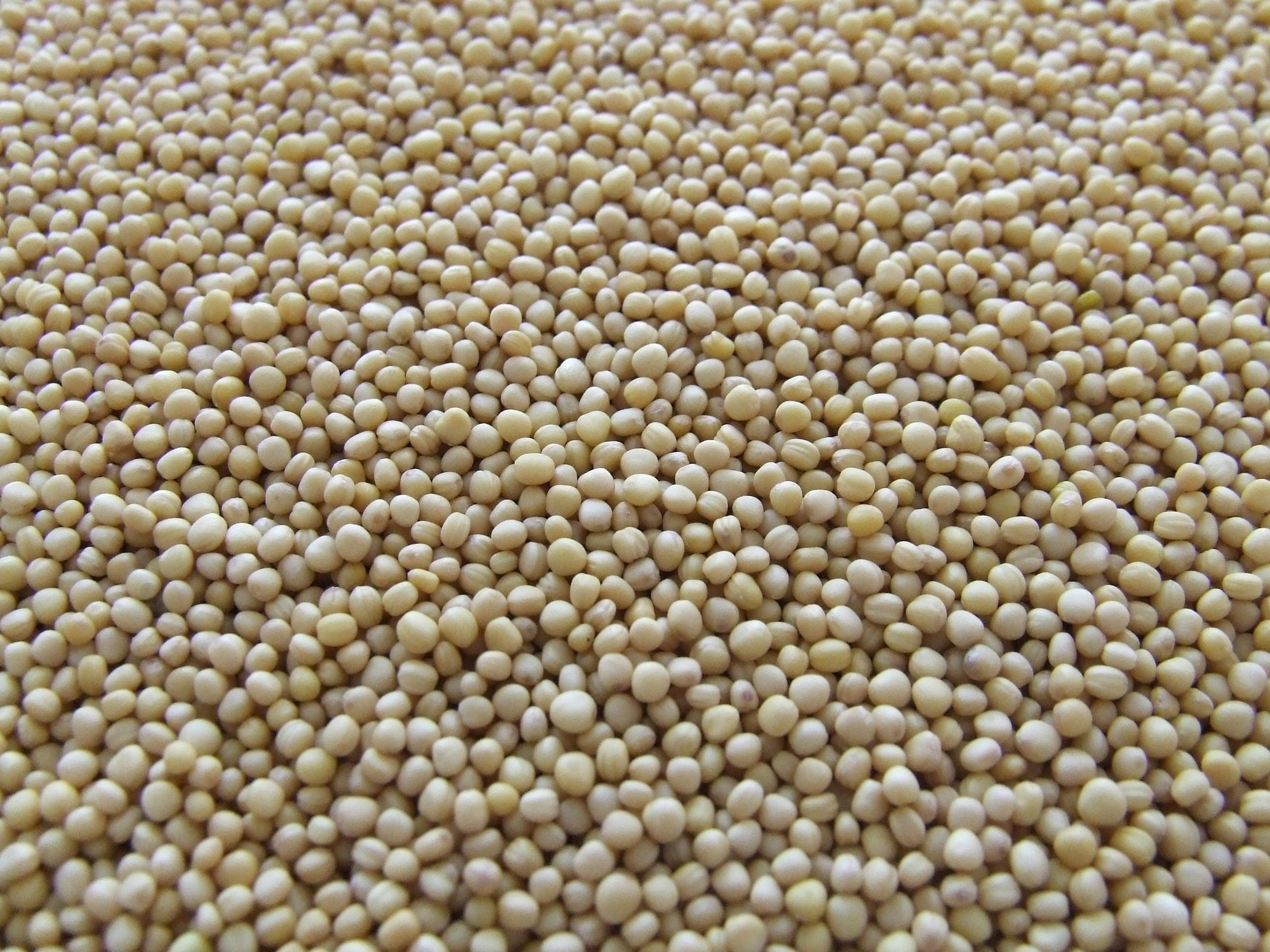
Soybeans, often enjoyed as edamame, pack a powerful punch for collagen support. Rich in both high-quality plant protein and unique compounds called isoflavones, soy supports skin at multiple levels. Isoflavones—known as plant estrogens—help protect against collagen breakdown by balancing the skin’s response to environmental stressors. Regularly enjoying edamame, tofu, or tempeh provides your skin with easily absorbed amino acids, nourishing elasticity from within. Research links diets abundant in soy foods with the delayed onset of visible aging signs, especially among women. These mild-tasting beans can top salads, feature in stir-fry, or serve as a protein-rich snack on their own. By weaving soy-based foods into your meals, you’re delivering nourishing, sustained support to your skin, embracing gentle, science-backed care that fits real life. It’s a refreshingly realistic approach that aligns with long-term beauty and wellness.
12. Carrots: Beta-Carotene’s Supportive Role
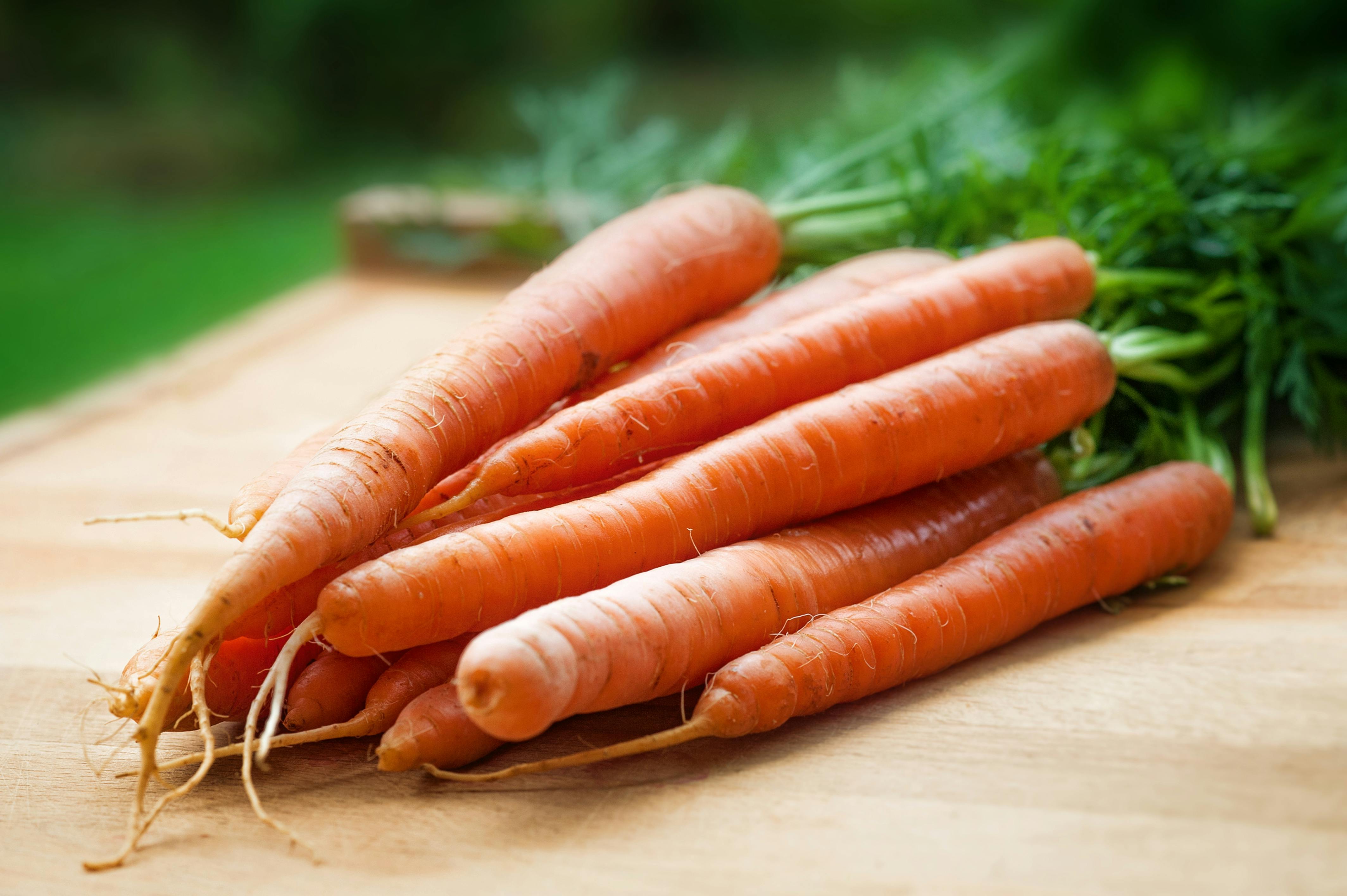
Carrots go beyond their reputation for supporting eyesight—they’re full of beta-carotene, a precursor to vitamin A that’s essential for skin cell renewal and resilience. Beta-carotene acts as an antioxidant, shielding skin cells from oxidative damage and facilitating elasticity under life’s daily exposure. Enjoy carrots raw with hummus, roasted as a side, or shredded into colorful slaws. These bright roots deliver crunch and a subtle sweetness to any meal, making them an easy favorite. Scientific evidence highlights their protective effect on the skin, especially when paired with a variety of other vegetables. Carrots encourage a well-balanced approach to eating for beauty, where no single food is a magic bullet—but together, they build a fortress of wellness that supports you at every age. Let each crunchy bite remind you that small choices matter for lasting radiance.
13. Walnuts: Omega-3s and Polyphenols for Collagen Protection
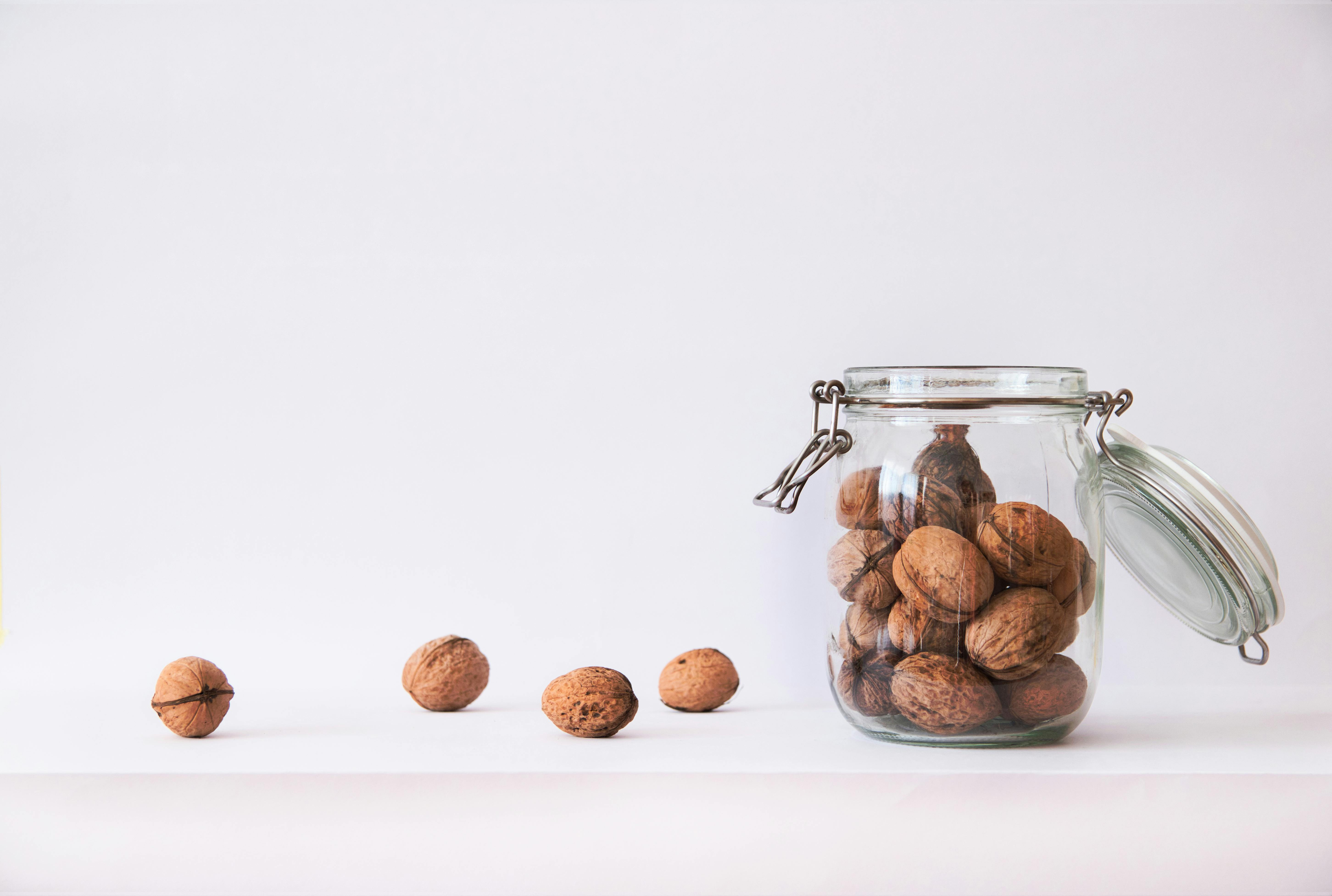
Walnuts stand out among plant foods for their richness in alpha-linolenic acid (an omega-3 fatty acid) and polyphenols—both key nutrients for healthy, elastic skin. Omega-3s soothe inflammation that erodes collagen, while polyphenols defend against free radicals that can cause premature aging. Sprinkle walnuts on your morning oatmeal, blend them into pesto, or simply snack on a small handful to enjoy their comprehensive benefits. Studies continue to underscore the importance of these healthy fats and antioxidants in maintaining smooth, youthful skin. Unlike some other nuts, walnuts also provide magnesium and vitamin E, rounding out their profile as true skin allies. Including them regularly is an easy, delicious way to support your body’s natural anti-aging defenses. Nourishing from the inside, walnuts invite lasting confidence in your own healthy glow.
14. Spinach: Leafy Green Antioxidant Powerhouse
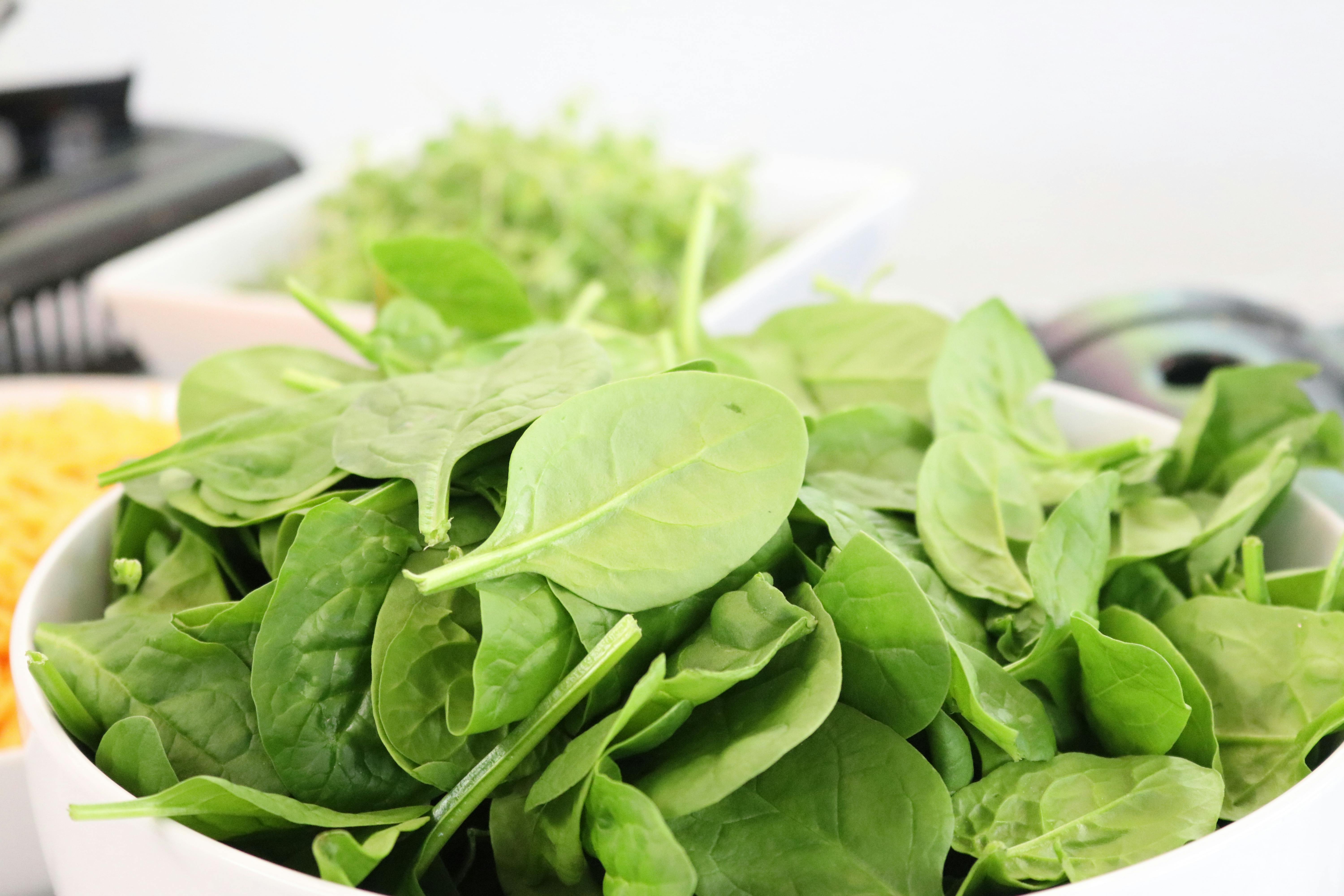
Spinach’s gentle green leaves hide a powerhouse of skin-supportive nutrients—vitamin C, plant polyphenols, and a burst of essential minerals. With each serving, spinach offers antioxidants that guard skin from cellular damage, while vitamin C feeds the foundation for collagen production. Its fiber fuels gut health, which plays a surprising but vital role in how nutrients reach your skin. Toss fresh spinach into salads, add to smoothies, or wilt into warm dishes—the possibilities adapt to every taste. Including spinach as a daily staple is supported by nutrition research, which links leafy green consumption with brighter, more resilient skin over time. This accessible green serves as a daily nudge to take gentle care of yourself, each meal an opportunity to fortify, heal, and thrive. Spinach doesn’t just color your plate—it quietly empowers your skin from within.
15. Hemp Seeds: Vitamin E and GLA for Membrane Health
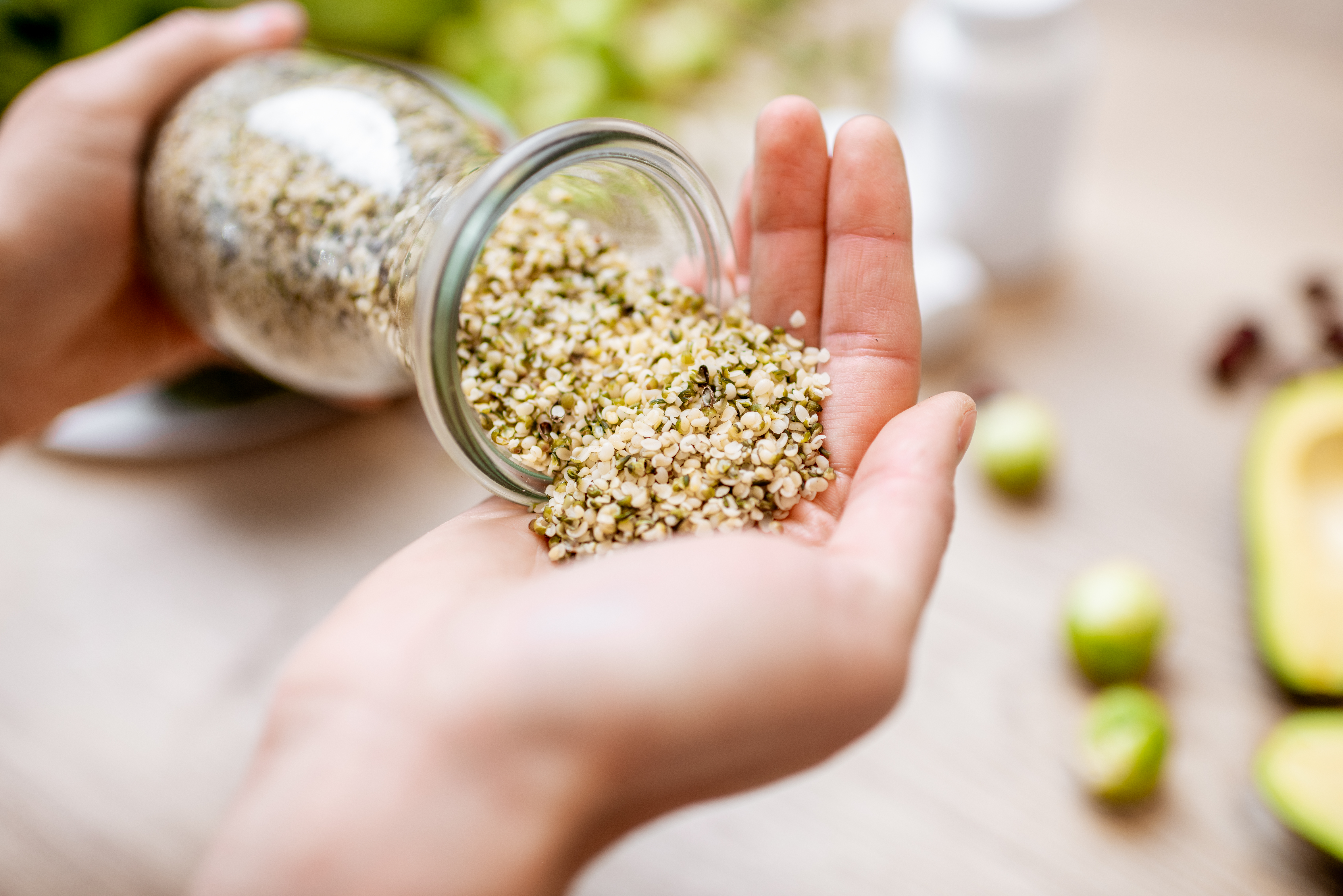
Hemp seeds are a powerful, comprehensive ally for skin structure. They provide a rare combination of Vitamin E and a highly beneficial omega-6 fatty acid called Gamma-Linolenic Acid (GLA). Vitamin E acts as a fat-soluble shield, protecting the delicate collagen fibers and cell membranes from oxidative stress. GLA is metabolized into compounds that actively reduce inflammation in the skin and promote healthy cell turnover. Sprinkle hemp seeds on morning meals or blend them into smoothies for a simple, concentrated dose of the essential fats needed to keep skin calm, supple, and resilient.
16. Shitake Mushrooms: Copper and Selenium Source
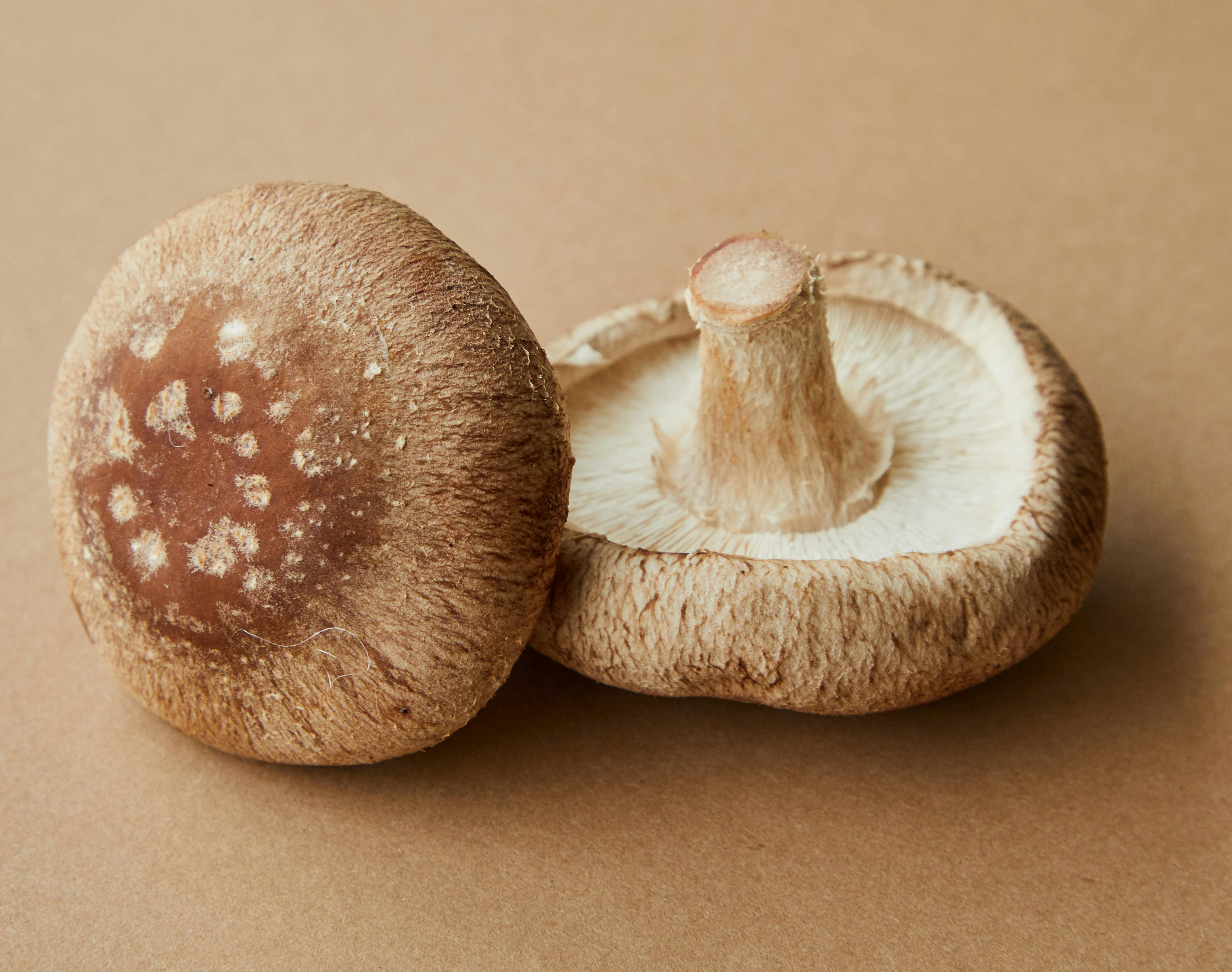
While mushrooms are mentioned generally, Shiitake are a uniquely rich source of two trace minerals essential for collagen health: Copper and Selenium. Copper is a crucial cofactor for lysyl oxidase, the enzyme that cross-links collagen and elastin fibers, giving skin its stability and firmness. Selenium acts as an antioxidant, protecting the existing collagen from degradation. Sautéing Shiitake mushrooms in olive oil or adding them to bone broth provides these critical minerals in a highly bioavailable form, directly supporting the physical scaffolding and protective shield of your skin.
17. Goji Berries: Zeaxanthin and Polysaccharides Synergy
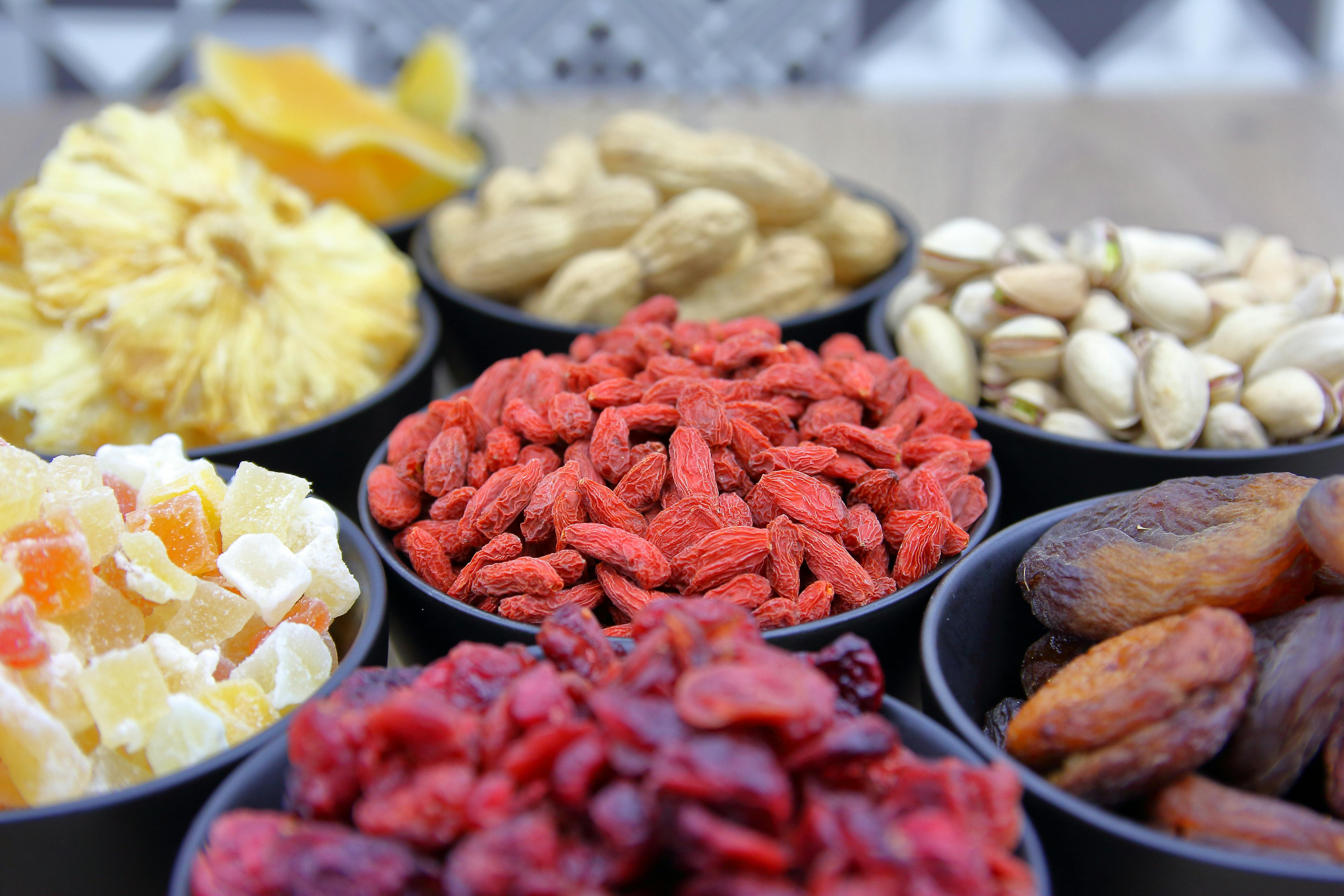
Goji berries are a small, dried fruit that delivers unique protective benefits. They are exceptionally rich in the carotenoid Zeaxanthin, which the body utilizes to filter harmful blue light and shield the skin from UV-induced damage that leads to collagen breakdown. Additionally, Goji contains specialized polysaccharides that have been studied for their ability to increase skin hydration and maintain elasticity. Snack on a small handful, steep them into tea, or toss them into oatmeal for a convenient, flavorful way to build your skin's internal, daily defense against environmental aging.
18. Red Cabbage: Anthocyanins for Vascular Support
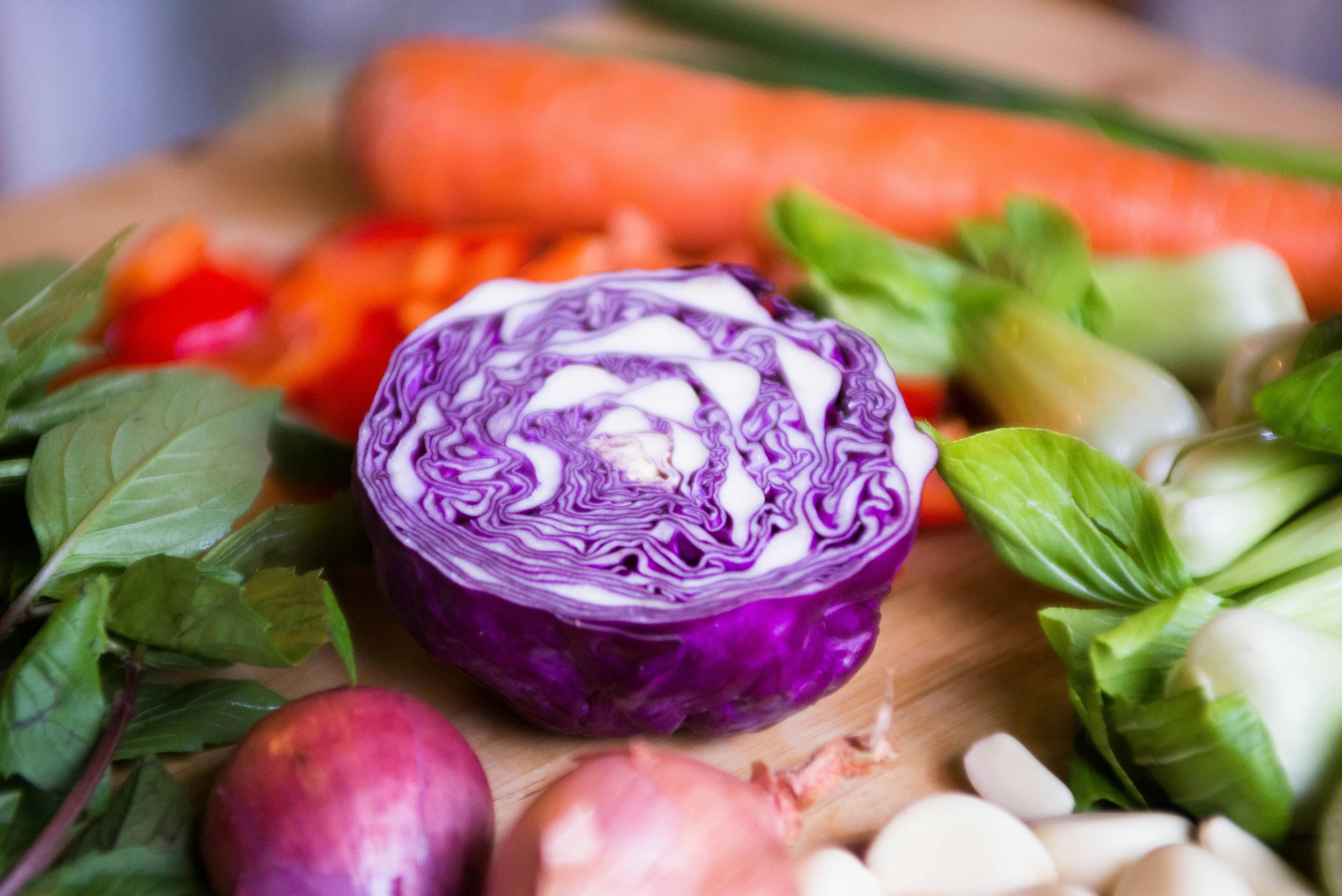
Red cabbage provides a powerful, often-overlooked benefit through its concentrated Anthocyanins, the same compounds that give blueberries their color. These potent antioxidants are crucial for strengthening the capillary walls and microcirculation beneath the skin's surface. Healthy blood flow is essential, as it delivers oxygen, Vitamin C, and amino acids needed for collagen production and removal of waste. Eating raw or lightly fermented red cabbage in slaws or kimchi is an easy, affordable way to strengthen the vascular network that directly supports your skin's nutrition and vitality.
19. Pistachios: Biotin and Lutein for Cell Turnover
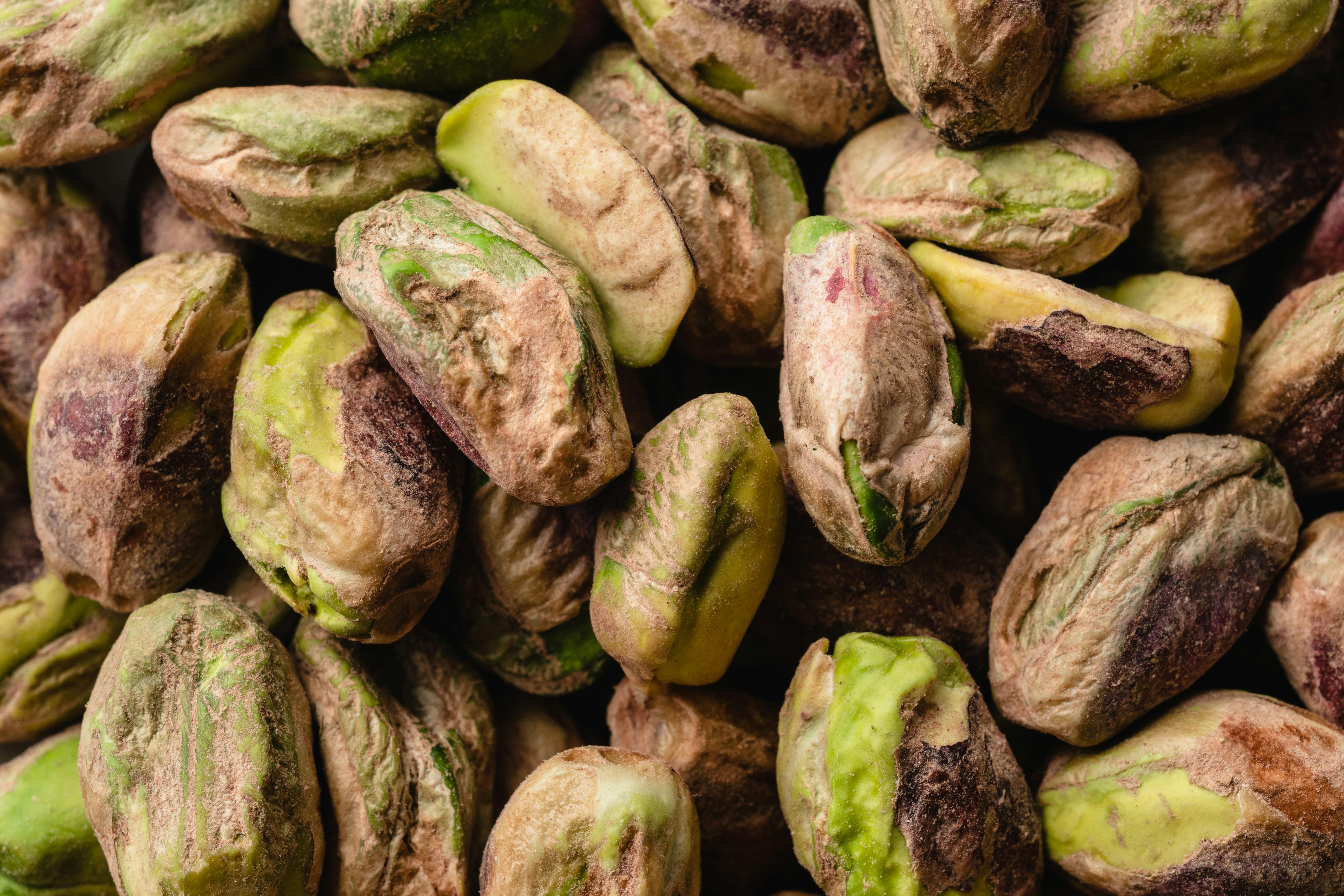
Pistachios offer a highly supportive duo of nutrients for skin resilience. They are a good source of Biotin (Vitamin B7), which is essential for the structure of keratin (a building block of skin cells) and crucial for healthy cell turnover. They also provide Lutein, a potent carotenoid antioxidant that helps protect skin against the oxidative stress caused by sun exposure and pollution. Snacking on a small handful of pistachios daily delivers these co-factors, supporting the constant regeneration required to maintain a smooth, even texture and a strong, damage-resistant surface.
20. Guava — The Lycopene and Hydration Amplifier

Guava is a tropical fruit that often gets overlooked, but it's a powerful ally for skin health. It's an excellent source of Vitamin C (crucial for collagen synthesis) and, uniquely, is rich in lycopene, a potent antioxidant more commonly associated with tomatoes. Lycopene protects the skin from UV-induced damage and oxidative stress, a primary cause of collagen degradation. Guava’s high water content also aids in hydration, supporting skin plumpness and elasticity. Enjoy it fresh, blended into smoothies, or as a small snack. This simple fruit provides concentrated protection against the external factors that silently weaken your skin's inner scaffolding.
21. Shiitake Mushrooms — The Ergothioneine and Copper Synergist
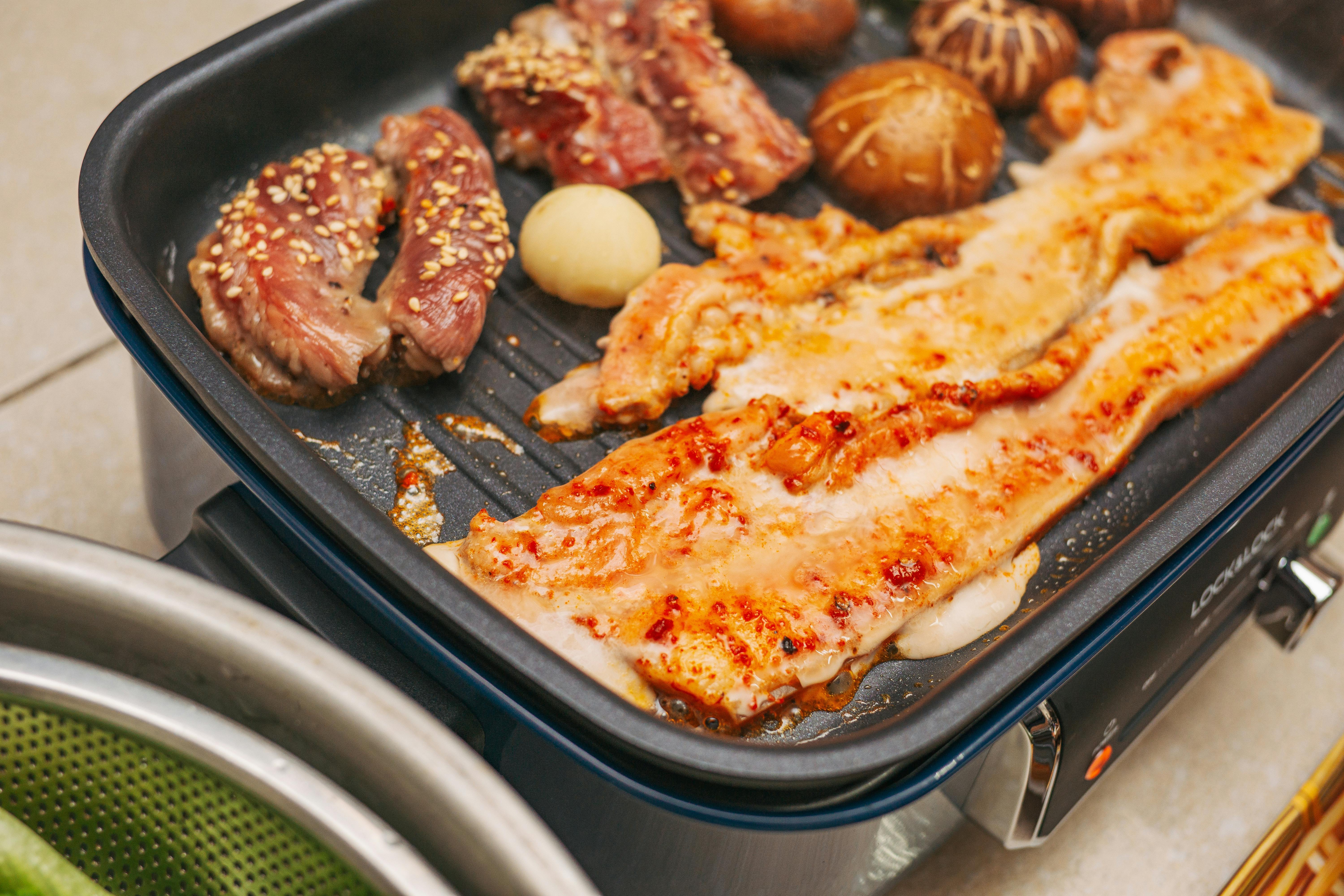
Shiitake mushrooms are a standout, not just for flavor, but for their unique combination of two vital skin-supporting compounds: Copper and L-Ergothioneine. Copper is essential for the enzyme lysyl oxidase, which links collagen and elastin fibers, providing firmness. L-Ergothioneine is a powerful antioxidant that the body actively transports into skin cells, protecting them from damage. Sautéing shiitake mushrooms or incorporating them into broths delivers these critical minerals and antioxidants in a savory, highly bioavailable form, directly supporting the physical cross-linking and defense of your skin's structure.
22. Dried Thyme — The Concentrated Manganese and Flavonoid Source
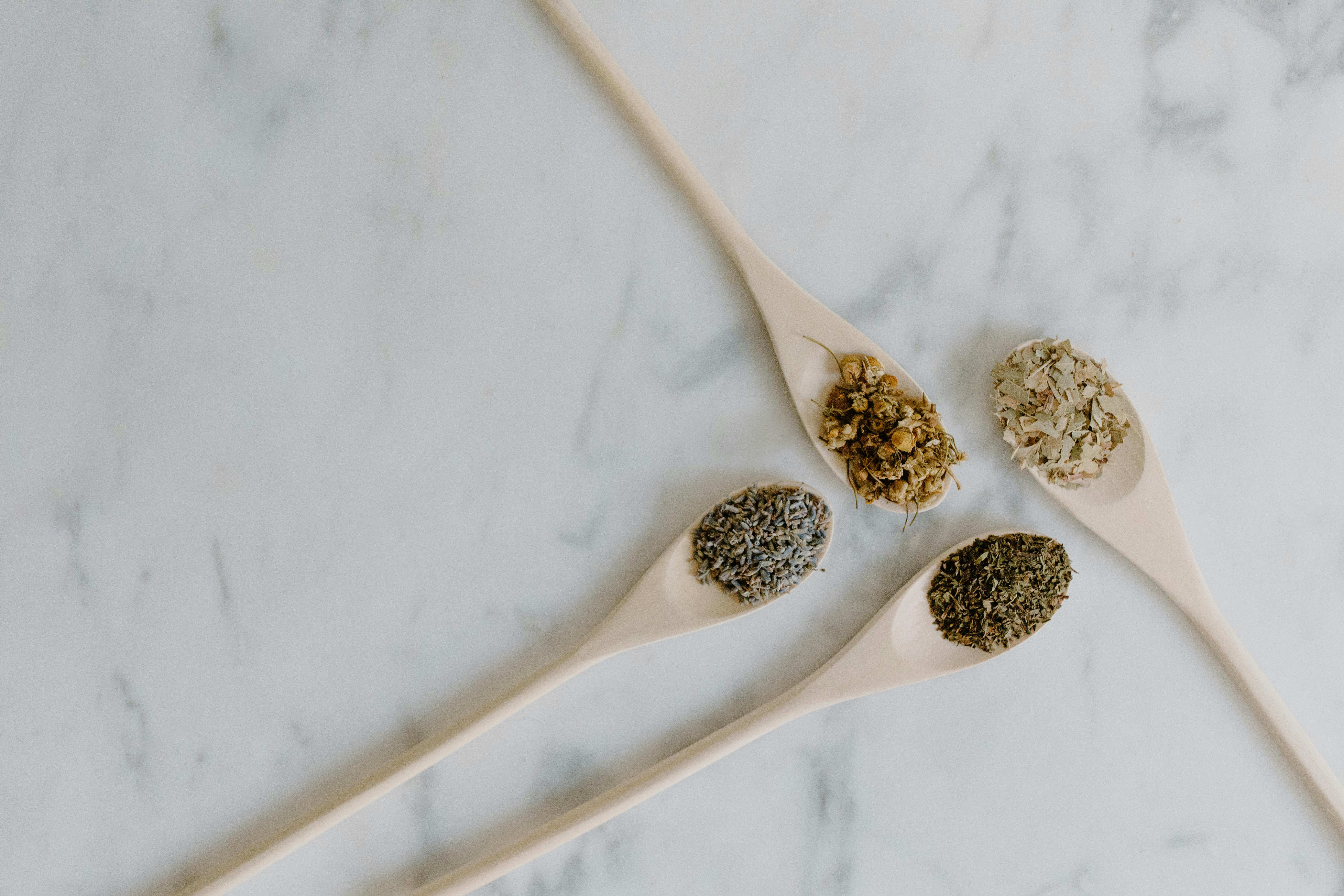
This common kitchen herb packs an unexpected punch. Dried thyme is one of the most concentrated plant sources of the trace mineral Manganese. Manganese is a crucial cofactor for enzymes that build the glycosaminoglycans (GAGs)—the structural components in the skin that bind water and keep the tissue hydrated and plump. Furthermore, the flavonoids in thyme protect the vascular network that delivers nutrients to the skin. Adding thyme to your cooking, rubs, or sauces is an effortless way to ensure the underlying skin matrix has the necessary trace minerals to maintain its firmness and youthful bounce.
23. Red Wine Vinegar (The Acetic Acid Absorption Hack)

While not a food to be eaten alone, incorporating red wine vinegar (or apple cider vinegar) into your meals is an effective collagen preservation hack. The acetic acid in vinegar helps optimize stomach acid levels, which often decline with age. Stronger stomach acid is required to properly break down protein (like lentils or chickpeas) into usable amino acids and to release essential minerals (like zinc and copper) from other foods. Using a tablespoon of vinegar in your salad dressing ensures that the collagen-building raw materials you eat are actually available for your skin to utilize efficiently.
24. Black Beans — The Molybdenum and Amino Acid Base

Black beans offer a gentle, structural, and unique benefit for skin elasticity. They provide a high-quality blend of amino acids needed for collagen synthesis. More distinctly, they are a great source of the trace mineral Molybdenum. Molybdenum is required by the body to metabolize sulfur-containing amino acids (like cysteine), which are critical for the formation of keratin and collagen. By supporting the proper processing of these sulfur compounds, black beans ensure your body has the right building blocks and biochemical support necessary to maintain the integrity and resilience of both skin cells and the underlying collagen layer.
25. Red Grapes (Resveratrol) — The Anti-Glycation Shield

Red grapes, especially their dark skins, contain the powerful polyphenol Resveratrol. This compound doesn't build collagen but actively preserves it by fighting glycation, a destructive process where sugar molecules link to proteins, causing collagen fibers to become stiff, brittle, and prone to wrinkling. Resveratrol helps keep the existing collagen matrix flexible and supple. Eating whole red or purple grapes or enjoying pure red grape juice provides a daily dose of this internal shield, protecting the elasticity you already have from diet-related and environmental damage.
26. Alfalfa Sprouts — The Lysine and Silica Supplier

Alfalfa sprouts are a surprisingly potent addition for structural support. They are an excellent source of Lysine, an amino acid essential for collagen cross-linking, which ensures skin strength. Uniquely, alfalfa sprouts provide trace amounts of Silica (Silicon), a mineral required for the body to form the initial collagen scaffolding upon which other nutrients are laid. Adding these fresh, crunchy sprouts to sandwiches, salads, or wraps provides concentrated, easy-to-digest building blocks that support the entire collagen production and maintenance process from the very foundation.
27. Flaxseeds (Ground) — The Lignan and Omega-3 Barrier

Ground flaxseeds offer a multi-action benefit for collagen preservation. They contain Alpha-Linolenic Acid (ALA), an anti-inflammatory omega-3 that calms the processes that break down collagen. More uniquely, they are rich in lignans, phytoestrogens that may help protect against the accelerated collagen loss often seen due to hormonal shifts (especially post-menopause). Adding ground flaxseeds to yogurt or oatmeal creates an effective internal, anti-inflammatory and gentle hormonal-protective barrier against the degradation of your existing collagen stores, maximizing the resilience of your skin.
28. Black Garlic — The Sulfur and S-Allyl Cysteine Defender
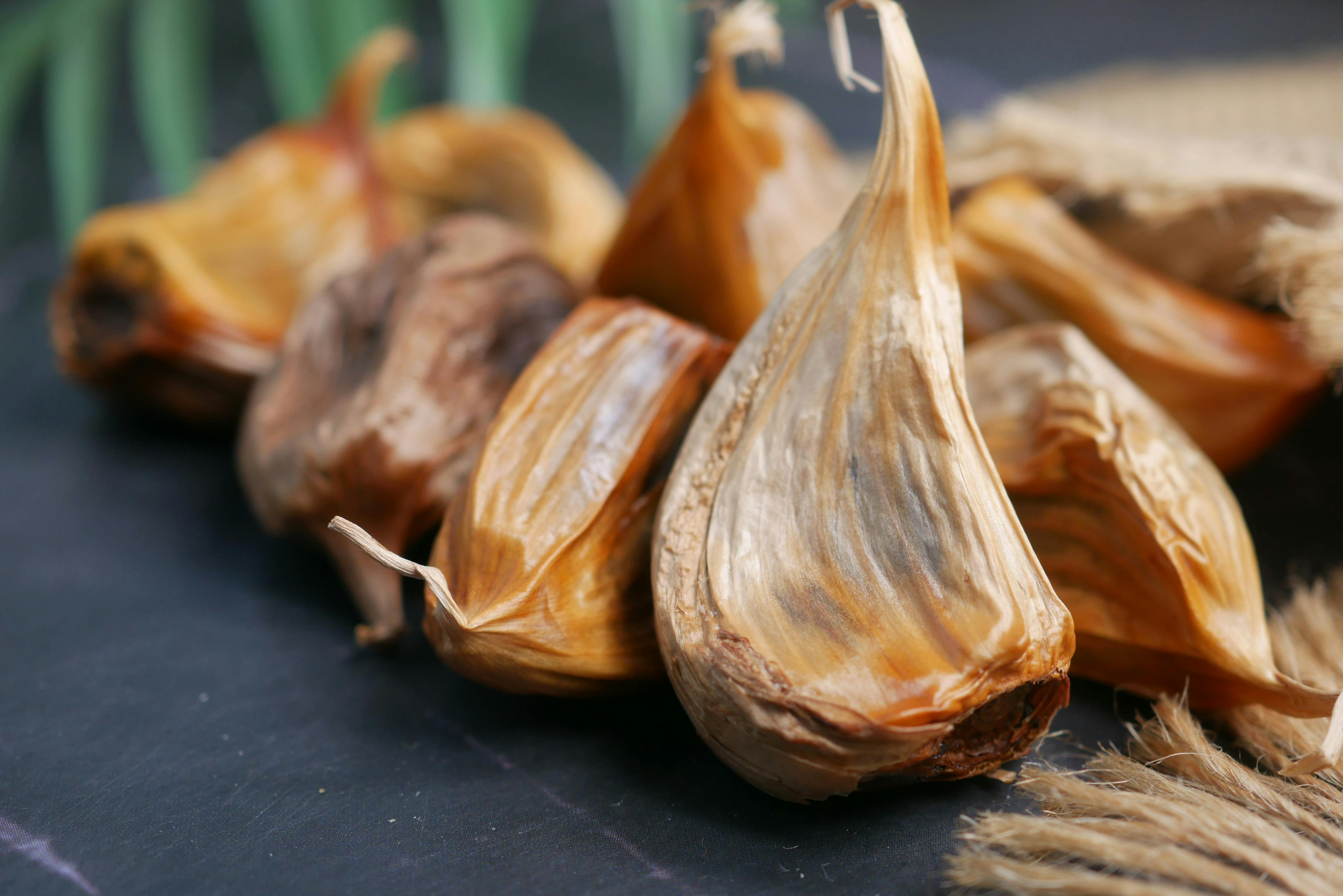
Black garlic is regular garlic that has been slow-fermented, dramatically amplifying its antioxidant power. This process creates a potent compound called S-Allyl Cysteine (SAC). Unlike raw garlic's harshness, SAC is highly bioavailable and works to reduce oxidative stress and inhibit the enzymes that degrade collagen. Furthermore, like its fresh counterpart, black garlic is rich in sulfur, a fundamental mineral required for the flexibility and structure of all connective tissues. Its sweet, umami flavor makes it an enjoyable, next-level anti-aging food.
29. Black Sesame Seeds — The Sesamin and Tocopherol Shield

Black sesame seeds offer a unique concentration of protective compounds that specifically guard against collagen breakdown. They contain high levels of Sesamin (a powerful lignan) and Tocopherols (forms of Vitamin E) that actively shield the delicate collagen and elastin fibers within the cell membranes from oxidative stress. This comprehensive protection is crucial, as environmental damage (from UV and pollution) is a primary cause of premature aging. Grinding the seeds before consumption maximizes the release of these potent, dark-pigmented anti-aging and firming agents.
Celebrate Real Skin Confidence: The Gentle Power of Plants
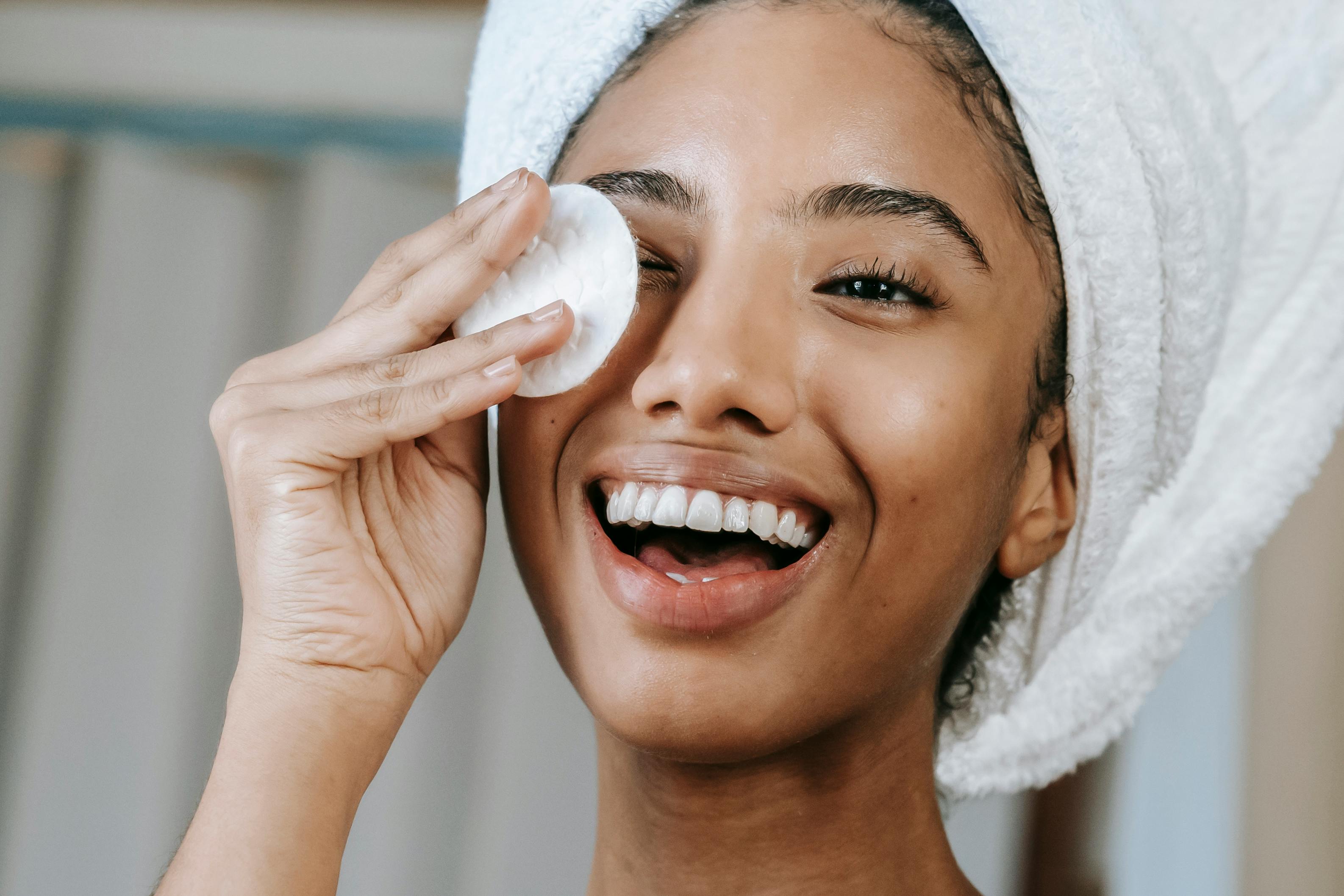
Supporting your skin’s elasticity isn’t about imposing strict rules or striving for impossible standards. It’s about making practical, compassionate decisions that fit your unique life with all its real-world demands and joys. This nourishing approach to food is a form of self-respect, allowing you to embrace aging not as something to be managed, but as a vibrant expression of all you’ve learned and experienced. Continue discovering the gentle wisdom of plants, and watch your skin reflect the care you invest from the inside out—at your pace, in your way. That’s the true promise of healthy aging, and it’s yours to define every single day.